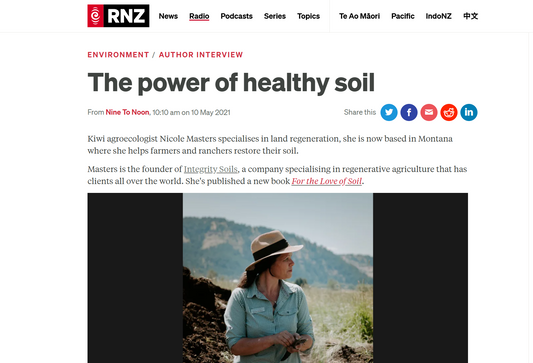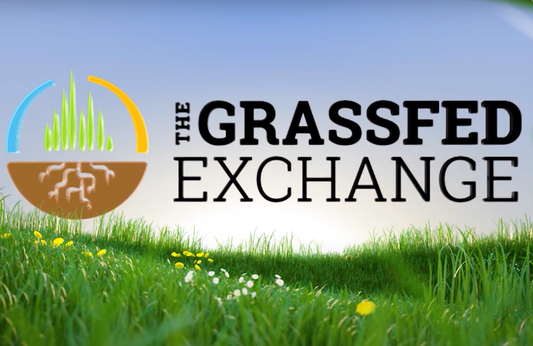Know first your context: Before making any decisions about our lives, including decisions about our farm and how we manage our land, we need to understand the context we’re operating within. What are our goals? What are we trying to achieve? What steps will take us in that direction? No two farms are alike, no two paddocks are alike, no two soils are the same. For each decision we face, we need to ensure we understand our unique context and use our knowledge to make the best decision in that context, rather than directly applying someone else’s ‘recipe’ or ‘silver bullet’ solution. Because their farm, their context, is different, so what worked there may not work for you.
Learn, question and be curious: There is still so much we don’t know about soil, plants, animals, the microbiome and how they all interact in a farm environment. We should be suspicious of set recipes and set-in-stone rules, and instead keep asking questions. Why is this happening? What’s the underlying cause? Who else has tried something that has worked? What could I do differently?
Monitor, observe, experiment and adapt: Nature is complex. Farm systems are complex. Every situation is different. If we’re facing a problem on the farm, or trying to make a change, the solutions may not be immediately clear or straightforward. We need to monitor, observe, experiment and adapt. We monitor and observe through in-field observations of the soil, plants and animals, sometimes complemented by lab testing. Based on these observations we can reach informed conclusions about why something is happening or not happening. We can then make informed decisions about what to do next, experiment, observe the results, and depending on the results, adapt our practice.
Diagnose the limiting factor: Nicole talks about the 5 Ms that can prevent or slow progress towards your goals. Think through which of these might be the limiting factor in your situation:
-
Your mindset
-
Your management practices
-
A mineral imbalance or deficiency
-
A microbial imbalance or deficiency
-
A lack of organic matter
Reciprocal Relationships: Nothing exists in isolation, and everything is connected. We need to be thinking about the relationships in our system. Often a problem has multiple causes. For example: We have a mineral deficiency, which is caused by a lack of fungi, which is caused by soil compaction, which is caused by a lack of species diversity. We need to be thinking about these relationships when diagnosing problems and making decisions.
Manage for a diversity of life: Nature tends towards diversity. Many problems on farms stem from a lack of diversity; in below-ground microorganisms and macroorganisms, and in above-ground plants, insects, birds and other animals. In general, rather than focusing on the removal of the pests or weeds you don’t want, manage for the diversity of beneficial species you do want.
Keep the fields guessing: I loved this concept. It’s a call to be alert to when you’re getting into a pattern of management, doing the same things over and over again in the same places. Problems will tend to arise when a paddock experiences the same management practices over and over again. Mix it up.
Tickle the system: This reminded me of the old sayings “everything in good measure” and “the dose makes the poison”. Our goal is not to replace natural function with inputs or human labour. Our goal is to stimulate the natural system to provide the things that our plants and animals need. ‘Tickling’ the system refers to just providing a stimulus, or a spark, that will wake up the natural systems and get them working again, rather than replacing them entirely. Try small doses and see what the result is.
Networks of support: Building natural function and diversity in soils and agricultural landscapes involves building new skills and applying new knowledge, making decisions in a complex system. It’s not always straightforward. After attending a class like Nicole’s masterclass, or reading a new book, or going to a field day or attending a workshop, most farmers find that having a network of like-minded peers helps them by providing accountability, a forum for testing ideas and questions, and a group of supportive friends to provide encouragement when things are difficult. Also raised was the importance of getting ‘alignment’ in the farm management team and the family about the plan of action, especially when that involves some change in mindset or approach.
Upside-down tradition: One of the highlights of the week was when one farmer got up and said that he’s started to think about tradition not in terms of ‘What would make granddad proud?’, but instead ‘What would make my grandkids proud?’



